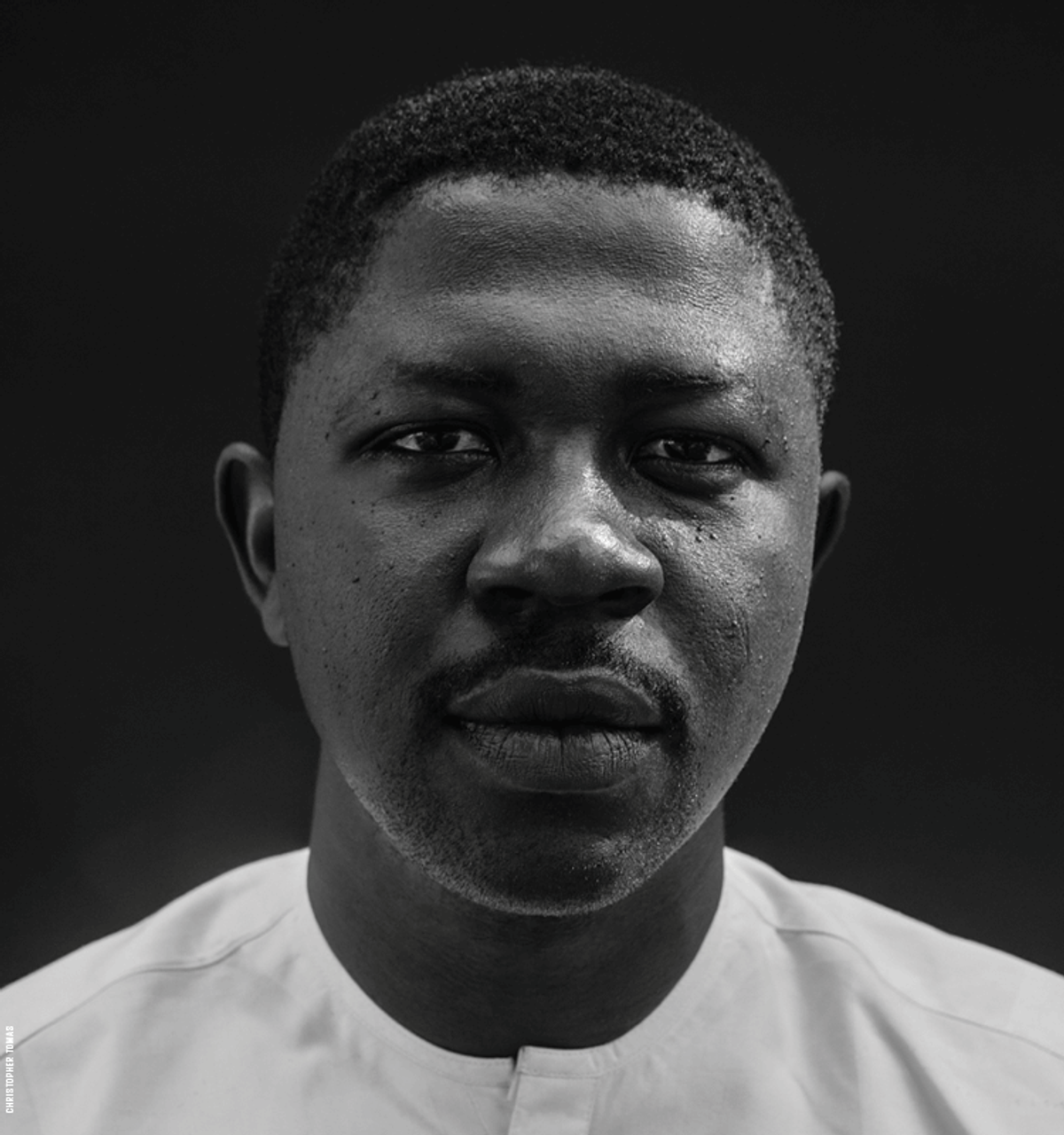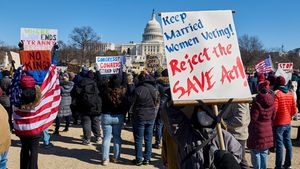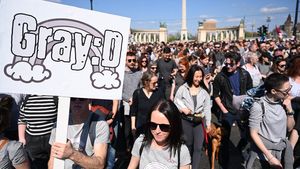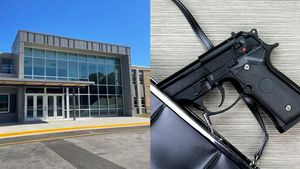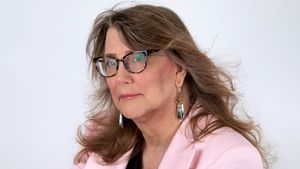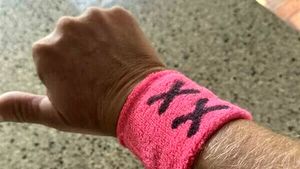In 2014, Nigeria passed a law providing penalties of up to 14 years in prison for couples that enter into a same-sex union, and up to 10 years for those who support LGBTQ+ clubs and organizations. In seven northern states, queer people can be stoned to death simply because of their identity.
Despite these challenges, activist Edafe Okporo continued fighting for gay and bi men to have equal access to health care in Nigeria, which he says made him a target and forced him to leave the country to save his life. When he came to the United States to seek asylum in 2016, he was completely alone. There were no friends or family to call when he was taken to a detention center where he waited for days to see if the U.S. government would grant him protection or if he would be sent back to Nigeria.
The hospitable welcome Okporo was expecting fell short when he realized that most housing shelters in New York City didn't cater to people like him. He applied to stay in several that serve LGBTQ+ people only to be told by staff that he was too old. (The Ali Forney Center, for instance, serves only queer youth between the ages of 16 and 24). He opted to stay in a city shelter, though only for a week due to threats of rape. Then fate intervened.

Edafe Okporo and a helper preparring meals for their community of asylum seekers in New York City.
Okporo found a local church that provided winter shelter three months out of the year. He asked church staffers if they'd let him run a shelter in the basement for refugees and asylum seekers. Much to his surprise, they said yes.
RDJ Refugee Shelter became a landmark New York City shelter for LGBTQ+ asylum seekers. Later reorganized, the shelter is now under the management of the nonprofit organization We Are Not Afraid Community Resource Center. Since 2017, We Are Not Afraid has helped permanently resettle nearly 100 refugees and asylum seekers and has supported 2,500 refugees with resources like legal support. The organization has been at the forefront of fighting food insecurity in the neighborhoods of Manhattanville, Morningside Heights, and Harlem, where it serves more than 600 people a week through food programs and community outreach.
For Okporo, who is executive director, WANA is about more than delivering shelter. It's about providing community to a population that is routinely underserved and misrepresented.
"When I came here as an asylum seeker, I didn't find community. I found people who wanted to sleep with me because I'm Black," says Okporo, whose memoir and manifesto, Asylum, will be published by Simon and Schuster next year. "There were no people that looked like me. Latinos and teenage white kids were all in the LGBT community center. I felt like this was not a community for me. I went to gay bars like Monster and Stonewall [Inn] and I couldn't find people like me. In the immigrant community, I wasn't accepted because I was openly gay, and other immigrants come from countries where [being queer is criminalized]. I don't know where to put my head into the Black community. I'm not accepted because I'm not an African-American. I'm an African and there's a big difference. I was in this community of my own Nigerian diaspora. And in the gay community, people wanted me to sleep with them to have a space to sleep at night."
"There's no understanding of what community means for us, those who are coming into this country and looking to find somebody else that says, 'Oh, I'm gay too. My brother, be a part of this community,'" he continues. "Since you cannot find community, you end up going into a shell to hide. Imagine you left your entire life in your country to come to America and begin a new life as a gay person, but because you don't have the opportunities you might have had to connect with people, you suppress a part of yourself so you can fit into the immigrant community. That is what I tried to avoid by creating an organization that specifically provides for LGBTQ+ asylum seekers so we can find community together."
More needs to be done on both the grassroots and federal levels to address the challenges LGBTQ+ migrants experience in their host countries, especially as it pertains to community support, Okporo says.

"The main issue with LGBTQ+ people that are coming here to seek protection is that we don't want to leave our country to start with," he says. "There needs to be social services for asylum seekers in general in America. The Biden administration can help LGBTQ+ immigrants by ending detention of LGBTQ+ migrants immediately. When you detain an LGBTQ+ migrant, you compound their psychological state because these are people who are running from oppressive governments, detainment, and sexual harassment. You [cannot] bring them into another country and keep them in solitary confinement or put them in spaces whereby their gender is not affirmed.... Like the way we have a Cabinet member that is going to focus on climate, we need somebody that will focus on equality and human rights of LGBTQ+ people across the globe. If we're not being persecuted in our own country, there's no reason to [come] to the United States."
But while some social justice efforts are quickly globalized, he doesn't see that happening with LGBTQ+ rights. "When there was the fight [over] police brutality in America, we were proud to fight against police brutality in Nigeria and many other parts of the world," Okporo explains. "When there was the #MeToo movement in America, it caused movements all across the globe. But when we fight for LGBTQ+ rights in America, we don't create a ripple effect all across the globe. Why? Most people that have power to make decisions do not consider marginalized members of the community an important conversation, because if they do that, they wouldn't get the funding they have been receiving because their funders don't want to go too deep. They just want to touch the surface. They will not face the deep systemic issues that we face."
Edafe Okporo is a native of Egbo Uhurie, Ughelli South Local government in Delta State Nigeria. He migrated to the United States in 2016 as an asylum seeker and now a refugee of the United States, residing in New York. He is a global gay rights activist and the executive director of the RDJ Refugee Shelter in Harlem. The shelter helps refugees transition to life in America. His memoir, Asylum, is out next year by Simon and Schuster. Learn more about him at edafeokporo.com.
